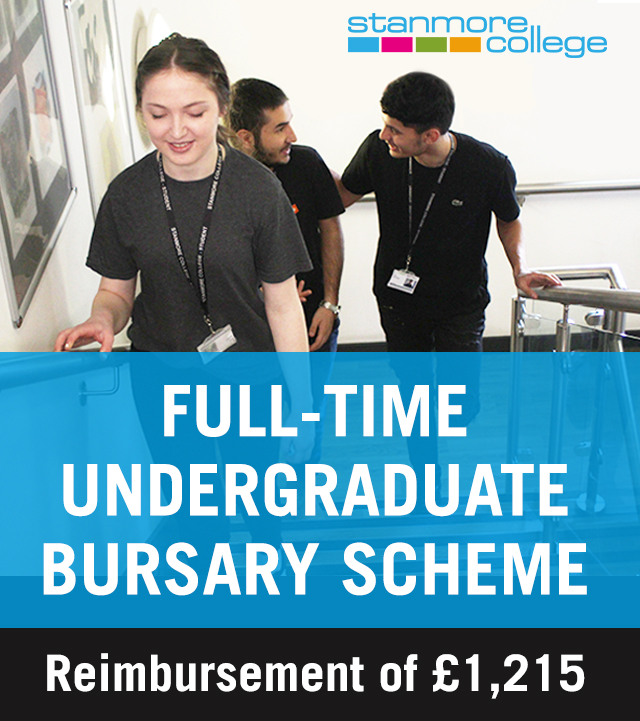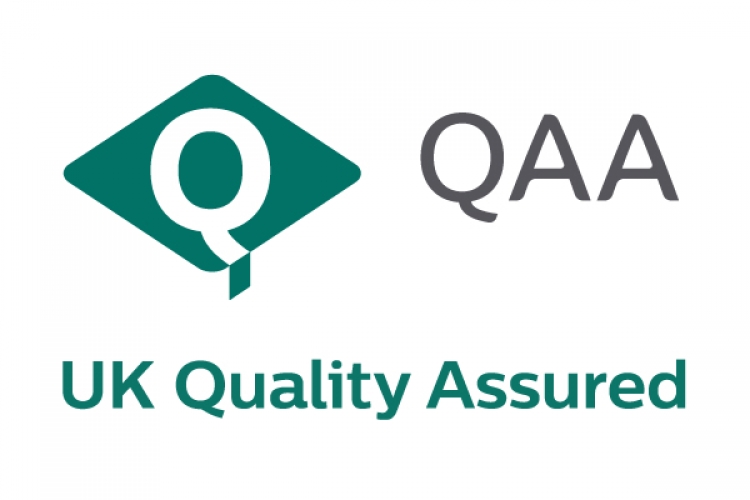FdA Working with Children and Young People
| Qualification | FdA Working with Children and Young People |
|---|---|
| Subject Area | Higher Education |
| Attendance | Onsite, Course fee £4,950 per year. You will pay the University of West London £6,165 as the College will reimburse you £1,215 towards the end of the academic year. |
| Age Group(s) | Adults |
| Duration | 2 Years, starts January 2025 |
Course outline
The Early Years Foundation Degree is intended for qualified Level 3 practitioners (or equivalent) and aims to build knowledge and skills applying theory to practice.
The Government, as well as researchers and professionals in the sector have identified that the best practitioners take a flexible and critical approach to their work. Early years educators and carers work more closely with primary teachers, social workers, and health visitors. Demands for high quality comprehensive services require highly skilled well-educated staff. These are reasons why studying at graduate level is important. Degree-level training is also required for those who would be future researchers in early childhood care and education, those who would teach others and those who would become future advocates, monitors and inspectors of services. Your study will help you to prepare for future roles you may undertake, as well as enabling you to develop the skills and knowledge you need for your current work.
The course is structured to provide an inter-agency focus, examining the methods and insights of the various disciplines that contribute to our understanding of childhood. This will support you in your current role whether you are working with families, as a childminder, in a playgroup, in a school or in a nursery. Studying with colleagues from a range of contexts and roles will enhance your learning. You will be learning from your peers and they will be learning from you. Sharing your experiences and work will be a valuable contribution you make to the course.
Entry requirements
Typically, you must have one of the following:
- BTEC, NVQ, Cache, or other appropriate childcare vocational qualification at Level 3
- An appropriate A Level, or six-unit vocational A Level,
- An advanced modern apprenticeship in Early Years or related subject.
You should also have:
- A minimum of two years’ experience in an Early Years setting, working directly with children for a minimum of 10 hours per week.
- You will need to evidence a satisfactory DBS (Disclosure and Barring Service) check.
***Each application will be considered on an individual basis following the University’s principle of widening access to those who might not have the traditional academic entry criteria to degree level awards.
What can it lead to?
You may be able to progress in your present employment as a consequence of completing the Foundation Degree or seek career progression opportunities.
On successful completion of the foundation degree, you may wish to continue to study (subject to interview and qualifying entry criteria) towards a full honours degree through the BA Early Childhood Studies programme at the College, gaining graduate status.
Once you have gained the full honours degree, you may then progress to Initial Teaching Training routes such as PGCE* or GTTP* or to gain Early Years Teacher Status (EYTS)* *please note: students will require GCSE C or above in English, Maths and Science.
Example future job roles may include:
- Early Years Teacher
- Primary School Teacher
- Educational or Child Psychologist
- Special Educational Needs Advisor
- Play Therapist
- Safeguarding Officer
- Family Support Worker
- Early Years Advisory Teacher.
Many of our past students have progressed into job roles such as Early Years Lecturer, Deputy Head Teacher, Local Authority Advisory Teacher.
What are the course outcomes?
You may be able to progress in your present employment because of completing the Foundation Degree or seek career progression opportunities.
Who the course is aimed at
The Early Years Foundation Degree is intended for qualified Level 3 practitioners (or equivalent) and aims to build knowledge and skills applying theory to practice.
Course content
YEAR 1 Modules:
- Studying policy and practice
- Introduction to child development
- Reflective practice & early years pedagogy
- Children’s digital learning
- Inclusion & wellbeing
- Working with families and caregivers
- Global perspectives.
YEAR 2 Modules:
- Developing pedagogies for artwork with young children
- Children’s voice
- Researching with young children
- Contemporary issues in child development
- Early Years environments
- Leading early years practice.
Modules are subject to change.
How will you be assessed?
A range of assessment types are employed throughout the Modules and will enable students to demonstrate knowledge in a variety of ways, including essays, reports, and presentations. There are no formal written exams. In modules with more than one assignment, you must pass both in order to pass the module. Further details of the assignment tasks relating to each module will be provided in each Module Handbook.
Is there an interview?
Yes
Equipment Required?
There are no specific resource requirements.


Similar Courses
For adults
-
BA (Hons) Business Studies with Foundation Year - 2+2 Degree Pathway
BA (Hons) Computer Science with Foundation Year - 2+2 Degree Pathway
BA (Hons) Working in integrated services for children and young people
FdA Professional Practice in Health and Social Care
FdSc Football Coaching and Practice
Relevant Careers
Doing this course could lead to great job outcomes such as:
Data powered by LMI for All